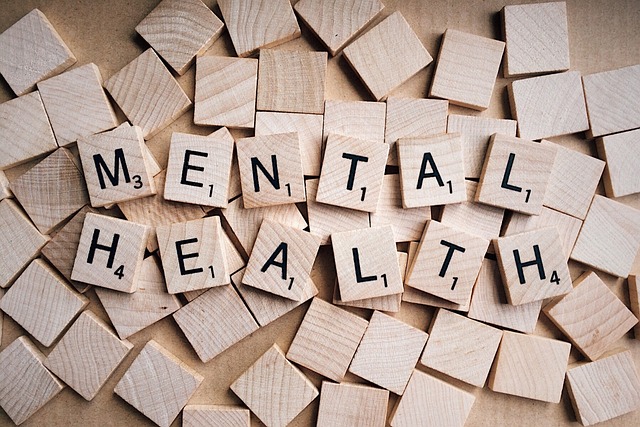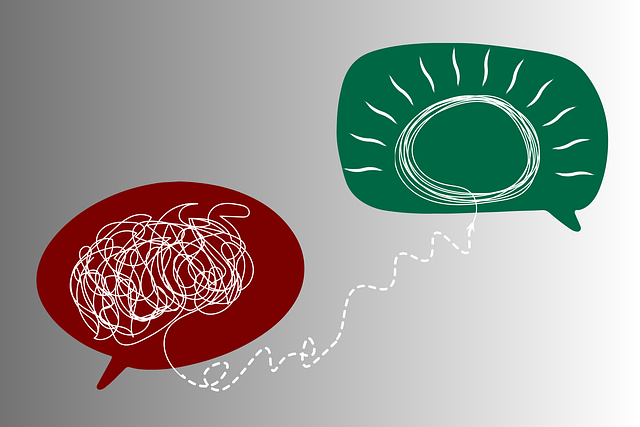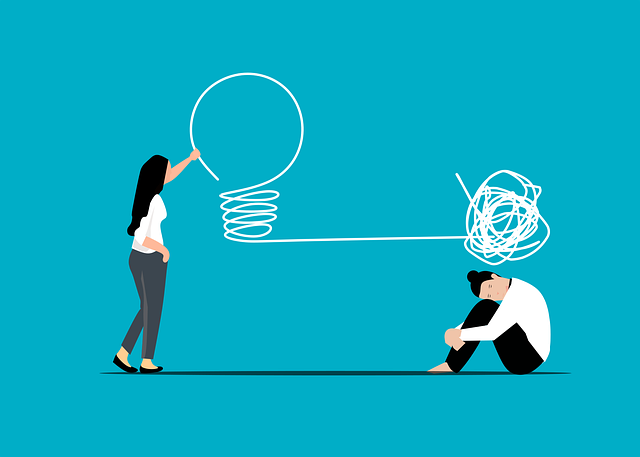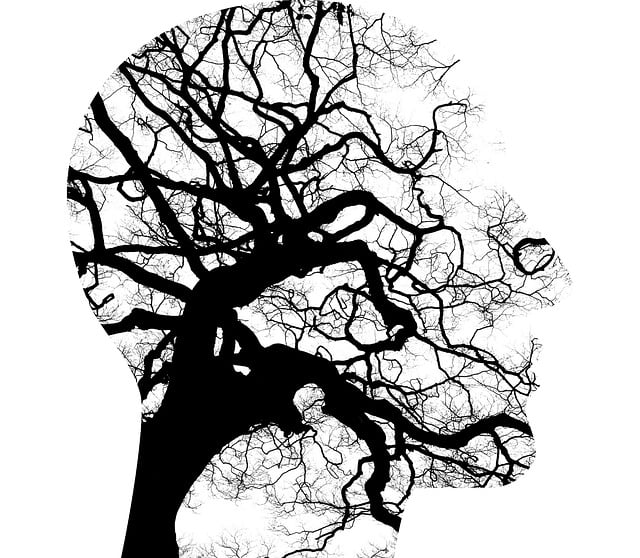Mental wellness journaling is an effective therapy for relationship issues, offering a safe space to explore thoughts, emotions, and behaviors without judgment. By consistently writing in a dedicated, calming area, individuals gain insights into recurring patterns, identify emotional causes, and develop healthier communication strategies. This practice combines "mind over matter" principles with mental health education, fostering inner strength and building better relationships in personal and professional spheres.
Mental wellness journaling is a powerful tool for navigating and overcoming relationship issues. This therapeutic practice allows individuals to reflect, process emotions, and gain insights into their experiences. In this guide, we’ll explore how setting up a personal journal can create a safe space for reflection and healing. We’ll also delve into effective techniques and prompts tailored for addressing relationship challenges, offering a transformative journey towards mental wellness. Discover how therapy for relationship issues can be accessible through the simple yet profound act of journaling.
- Understanding Mental Wellness Journaling as a Tool for Relationship Issues
- Setting Up Your Journal: Creating a Safe Space for Reflection
- Effective Techniques and Prompts for Therapeutic Journaling
Understanding Mental Wellness Journaling as a Tool for Relationship Issues

Mental wellness journaling can be a powerful tool for navigating and overcoming relationship issues. By putting pen to paper, individuals can explore their thoughts, emotions, and behaviors in a safe and non-judgmental space. This practice allows for increased self-awareness, enabling one to identify patterns in their relationships, whether it’s recurring conflicts with partners or difficulties communicating with colleagues. Through consistent journaling, individuals can start to understand the underlying causes of these issues, often rooted in deeper emotional or psychological traits.
Using mental wellness journaling as a form of therapy for relationship problems aligns with the mind over matter principles, where conscious effort and introspection can lead to profound personal growth. This process facilitates the development of inner strength by encouraging individuals to confront their fears, challenges, and insecurities. Moreover, it integrates mental health education programs design elements, promoting self-reflection and skill-building that are essential for fostering healthier relationships both personally and professionally.
Setting Up Your Journal: Creating a Safe Space for Reflection

Starting a mental wellness journal is an act of self-care that can provide a safe and private space for reflection. When setting up your journal, create an environment conducive to introspection. Choose a quiet area free from distractions where you can be alone with your thoughts. This could be a cozy corner of your bedroom or a peaceful spot in your home where you feel comfortable and at ease.
Decorate your journal space with items that inspire calmness and self-reflection, such as candles, plants, or motivational quotes. Using this dedicated area for journaling will signal to your mind that it’s time to focus on yourself and address any relationship issues or personal struggles through therapy, communication strategies, confidence-boosting exercises, or stress reduction methods.
Effective Techniques and Prompts for Therapeutic Journaling

Effective Techniques and Prompts for Therapeutic Journaling
Therapeutic journaling is a powerful tool to explore your mental wellness, especially when coupled with specific techniques tailored to address relationship issues. By setting aside dedicated time each day to reflect, you can gain profound insights into recurring patterns, emotions, and triggers that impact your connections with others. One effective technique involves writing freely about your experiences, followed by identifying recurring themes and assigning them a positive reframe—for instance, turning self-criticism into self-compassion. This practice fosters both confidence boosting and resilience building, essential components of overcoming relationship challenges.
Prompts can guide this process, especially when dealing with complex issues. For example, consider questions like “What am I feeling in this moment?” or “How can I communicate my needs more effectively?” Exploring these prompts encourages you to develop communication strategies that enhance emotional understanding and improve relationships. Through consistent journaling, you’ll start to recognize healthier ways of expressing yourself, fostering better connections both personally and professionally.
Mental wellness journaling offers a powerful, accessible therapy for relationship issues, providing a safe space for reflection and self-discovery. By employing effective techniques and prompts, individuals can harness their thoughts and emotions to foster healthier connections and overall mental well-being. Incorporating this practice into daily routines allows for profound personal growth and enhanced communication skills, making it an invaluable tool for anyone seeking to navigate and improve their relationships.











